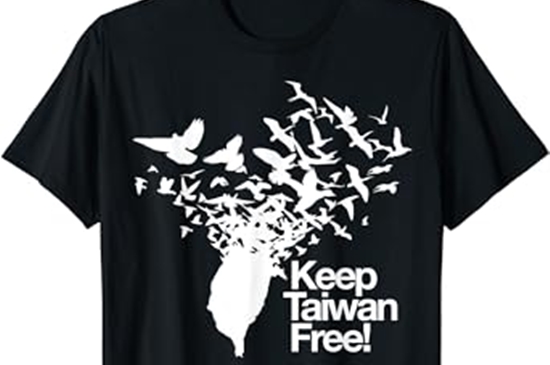
The Taipei Times says that the Taiwanese need more pro-Taiwan political parties but, for now, must vote for the only pro-Taiwan party that they have, the Democratic Progressive Party.
“This is the biggest predicament for Taiwanese,” argues the paper in a recent editorial (“New pro-Taiwan parties needed,” January 5, 2024). The people (many of the people?) are unable to “agree with the KMT’s pro-China stance to sell out Taiwan” but also have no opportunity to endorse “a second pro-Taiwan political party.”
The priority is how to keep Taiwan’s democracy from corruption when there is not an alternative pro-Taiwan party. So far, the best option is to empower a pro-Taiwan party, while civil groups play overseer. In this way, they could supervise the DPP in domestic terms while uniting with the DPP to counter China in diplomacy. Only by allowing pro-Taiwan parties and civil groups to supervise could a second pro-Taiwan political party be nurtured to bring about a healthy political system. Establishing a fair and impartial system for newly developed parties would be a good start.
One downside of the DPP, according to the editorial, is that it has neglected to set forth various allegedly attractive welfare-statist policies. For example, says the Times, it should be offering plans for “private university subsidies, rental subsidies or minimum wage legislation.”
Is this correct? This is not correct. The shortcomings of Taiwan do not include failure to be more restrictive of individual freedom; i.e., failure to inch a little closer in governing policy to the all-embracing paternalism and oppression practiced by the Chinese Communist Party. Yet this is what imposing more subsidies and more taxes to pay for the subsidies would mean and what further limiting the ability of prospective employees and employers to contract with each other would mean. Because of this kind of contention—which the author or authors of the editorial do not defend even briefly—fifteen points must be subtracted from the editorial’s final grade. The Taipei Times should instead be arguing for greater individual and economic freedom in Taiwan. Less interventionism, not more.
The paper is solid about the choice voters face on January 13.
Although Taiwan should find ways to move toward a “healthy multiparty system,” i.e., a system in which there is more than one “pro-Taiwan party,” in the meantime there must be “solidarity against a common enemy. Taiwanese must vote for a presidential candidate and party that seek to safeguard democracy and freedom, especially one that vows to establish close ties with other democracies and bolster national defense.”





